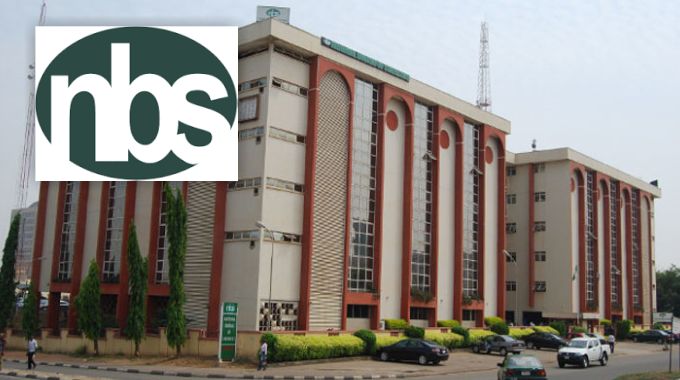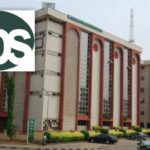The National Bureau of Statistics (NBS) has stated that the planned rebasing of Nigeria’s Gross Domestic Products will prove more accurate to the economy.
The Statistician General of the Federation and Chief Executive Officer, Prince Adedeji Adeniran, during a sensitisation programme, said the rebase which is planned for this year is to update data used to compute the GDP with the last done in 2020.
He said the continued use of the current methodology does not provide the accurate scale and weight of the economy, thus the rebase would bring up to date the data on the economy.
“Economies as you know undergo structural changes over time (e.g., the growth of the tech sector, and the decline of traditional manufacturing). The rebasing exercise helps to account for these shifts, offering a more accurate snapshot of the economy’s composition,” he said.
- N5bn matching fund’ll drive MSME growth in Katsina – Radda
- Nigeria seeks WMO support to implement early warnings
He said the GDP rebasing offers significant benefits by aligning economic data with the current realities of the economy and improves the accuracy of growth measurements, supports better policymaking, and enhances the credibility of economic data both domestically and internationally.
He added that the bureau would also introduce a new methodology to conduct the Nigerian Living Standard Survey (NLSS) to get data on the poverty level in the country.
“The NLSS is the survey under which the national poverty headline rate is generated, along with other useful household welfare, consumption, and expenditure indicators. This year-long survey is conducted every four to five years, with the penultimate round conducted in 2018/2019, and published in 2020, which produced a headline poverty rate of 40.1 percent.”
“On the other hand, the CPI rebasing entails bringing the weight and price reference periods closer to the current period (Current Consumption Pattern), which is expected to be done every five years. The rebasing of Gross domestic product (GDP) is the process of replacing an old base year with a new/more recent base year which is known as the reference period to keep up with the evolution in prices.”

 Join Daily Trust WhatsApp Community For Quick Access To News and Happenings Around You.
Join Daily Trust WhatsApp Community For Quick Access To News and Happenings Around You.


